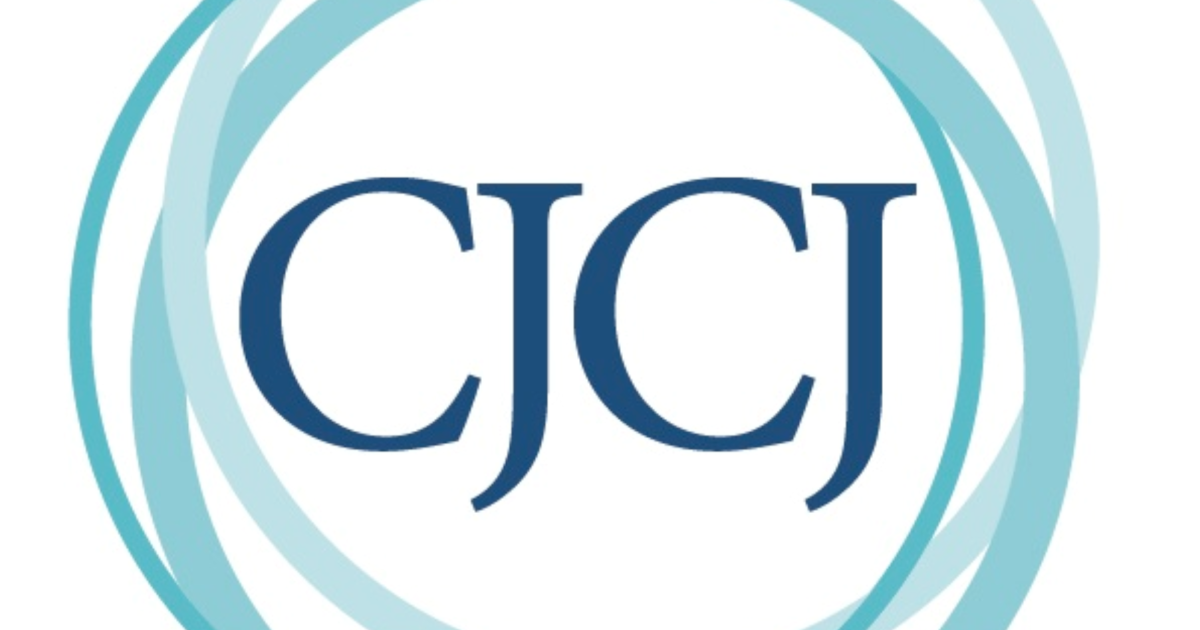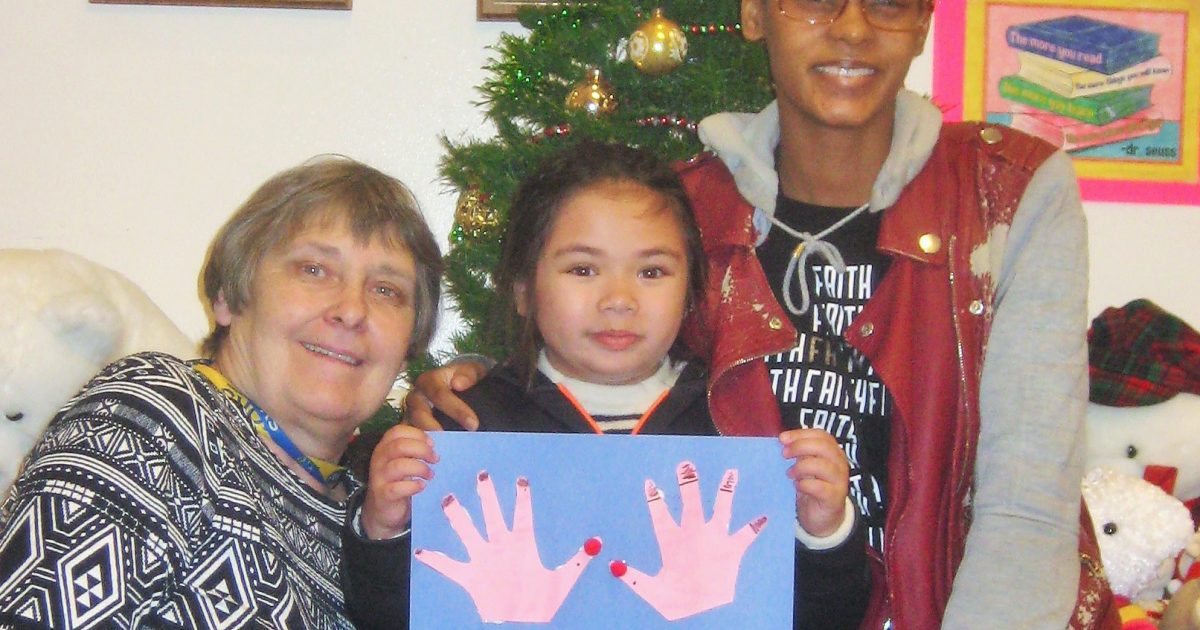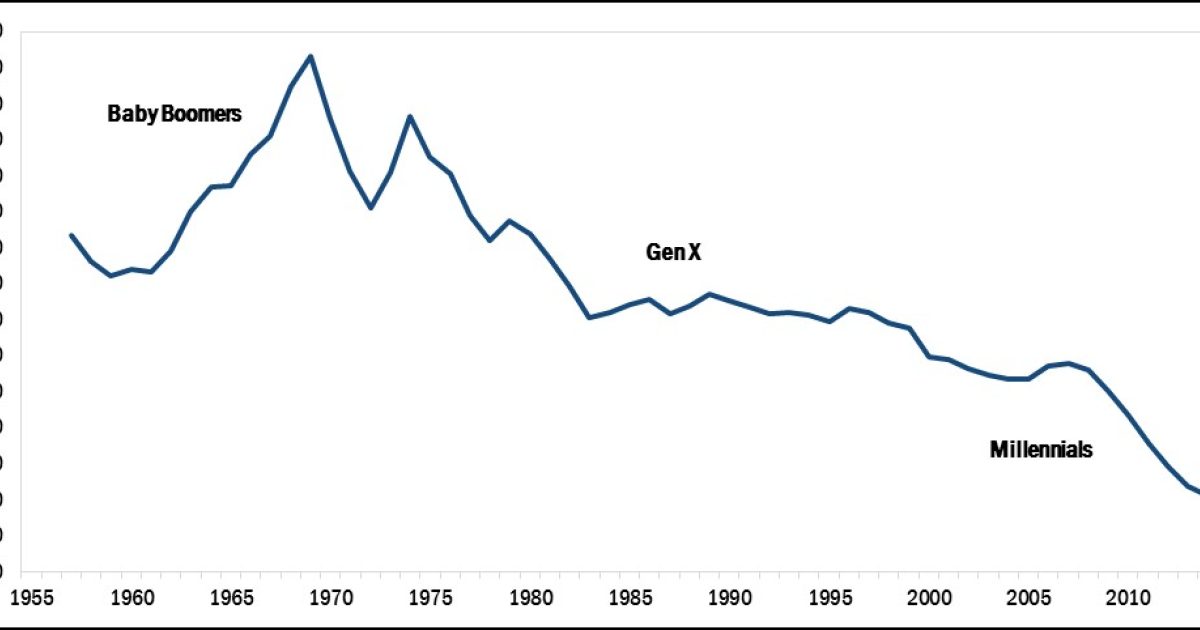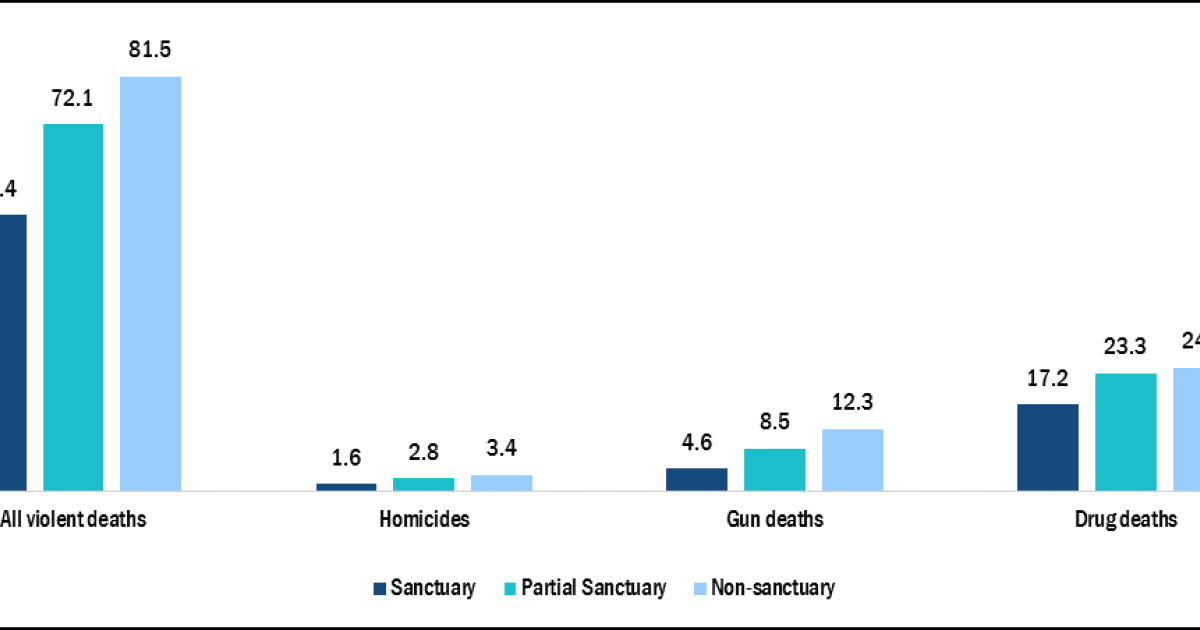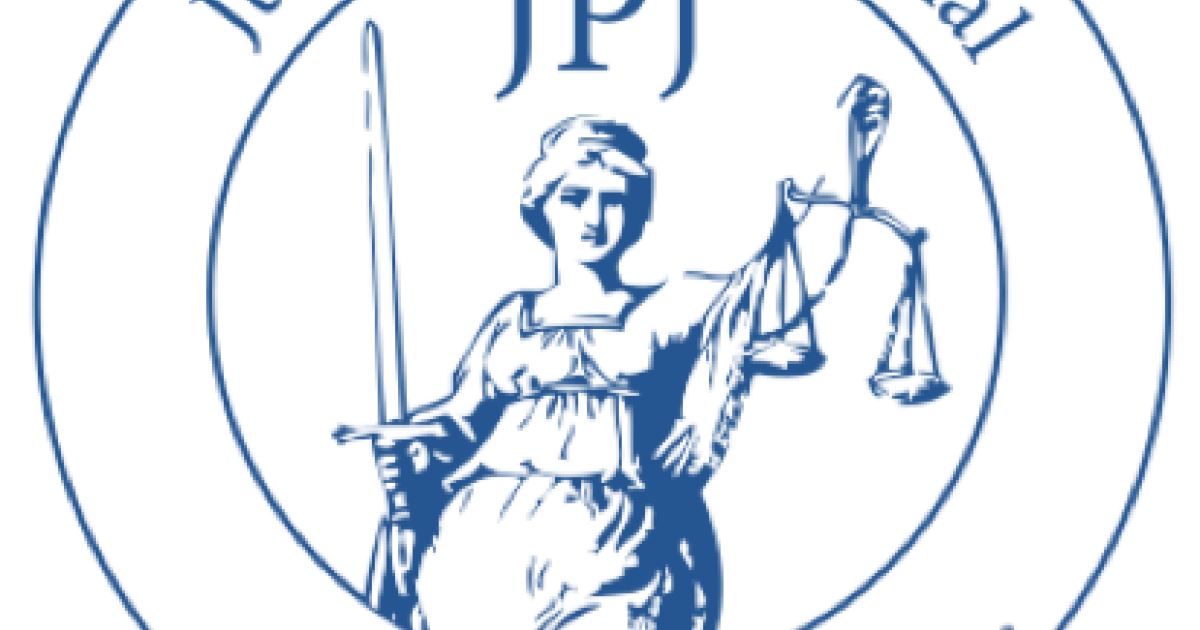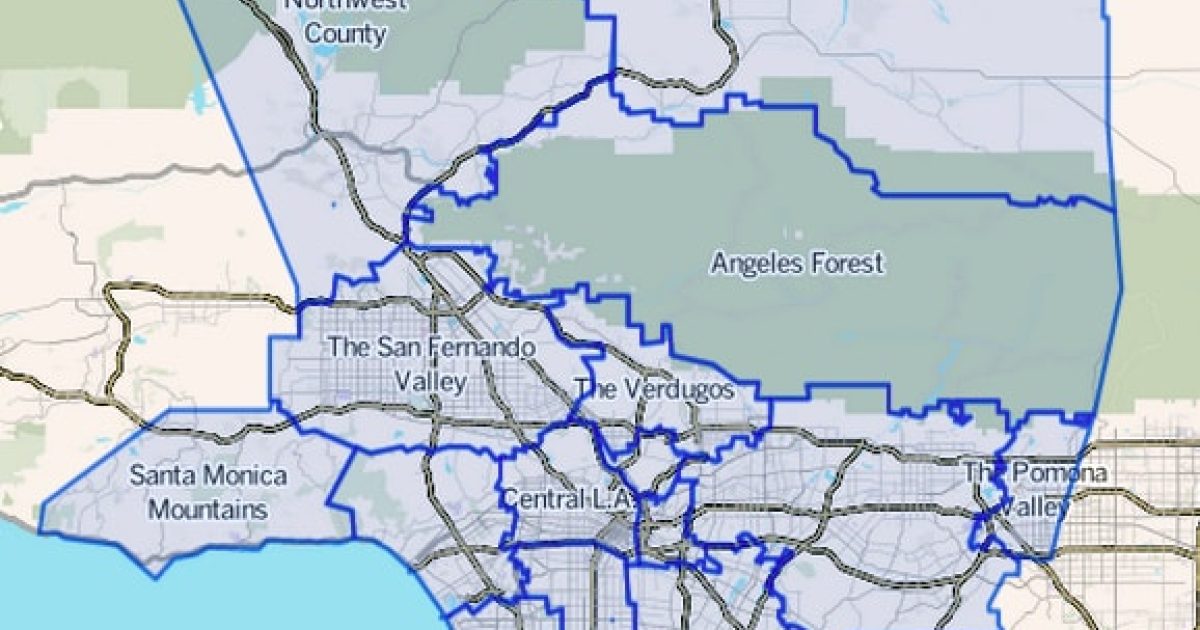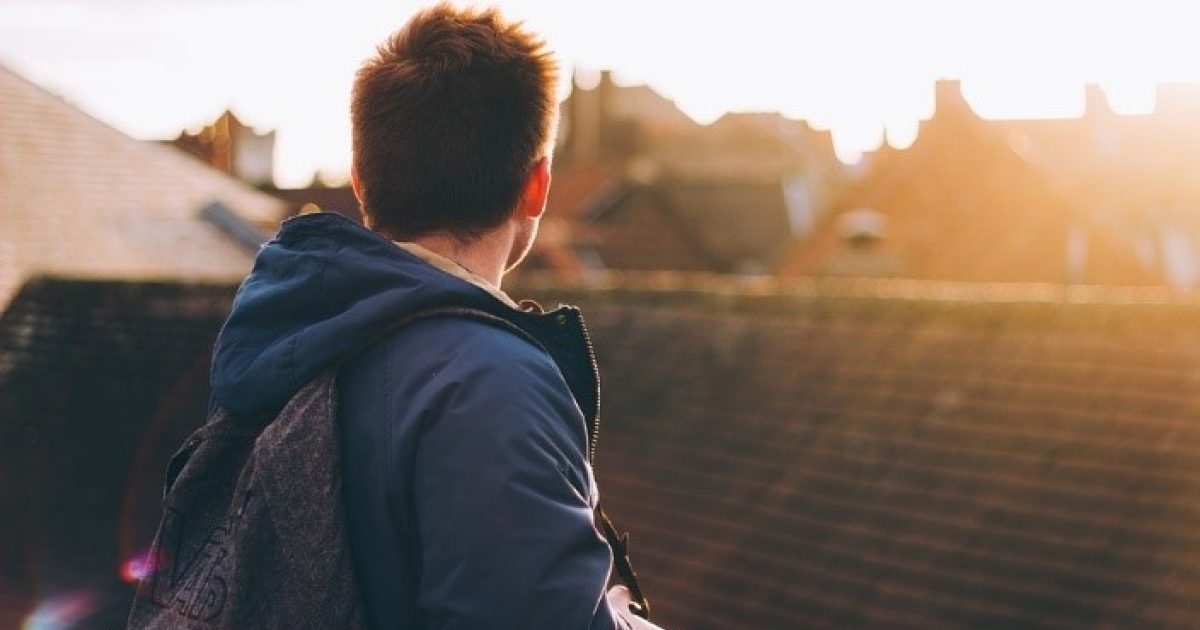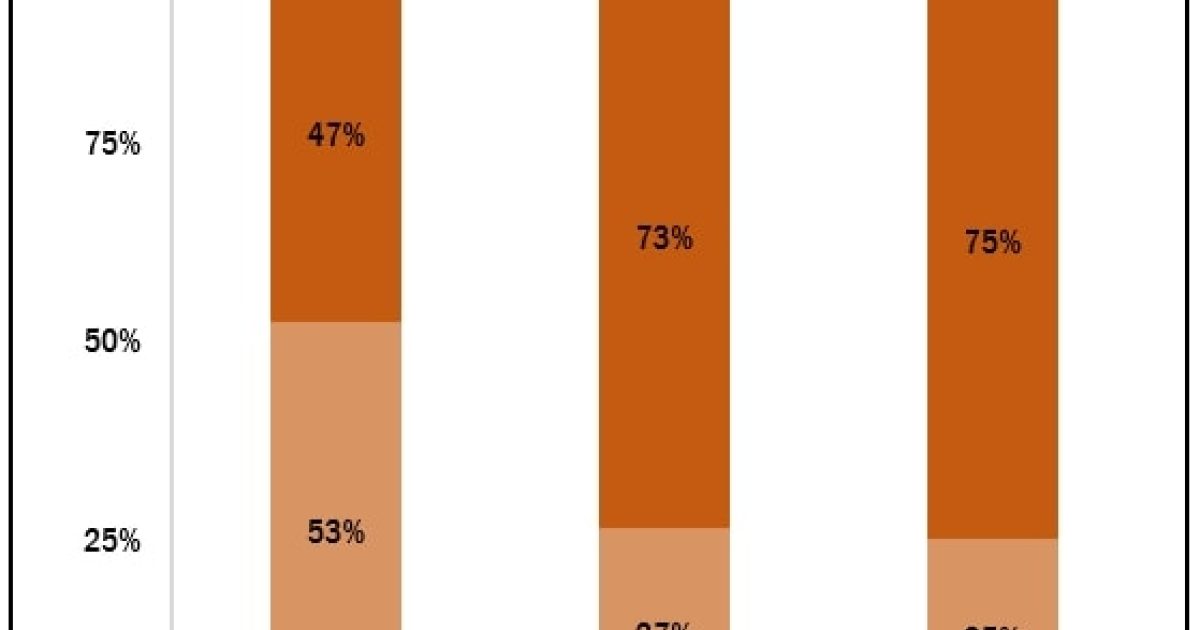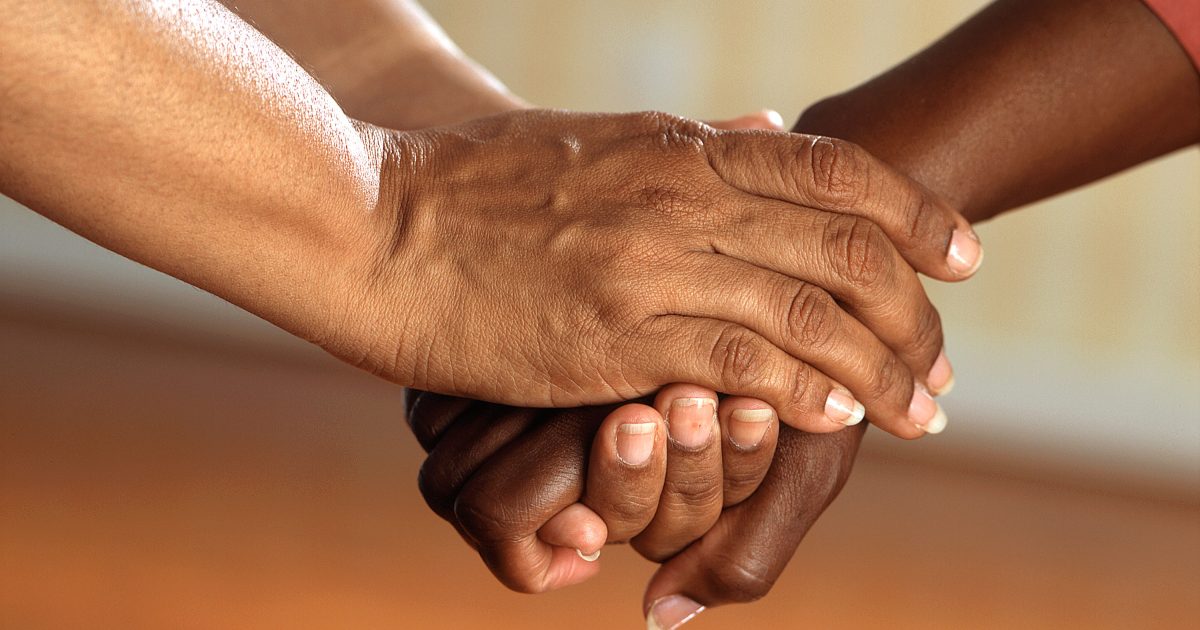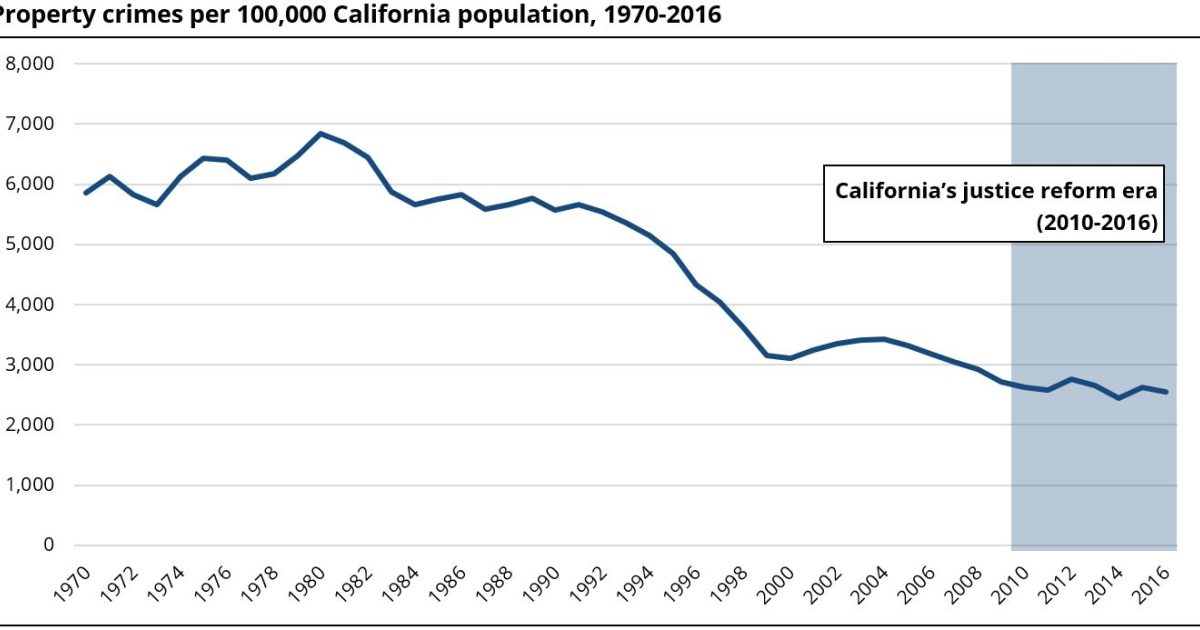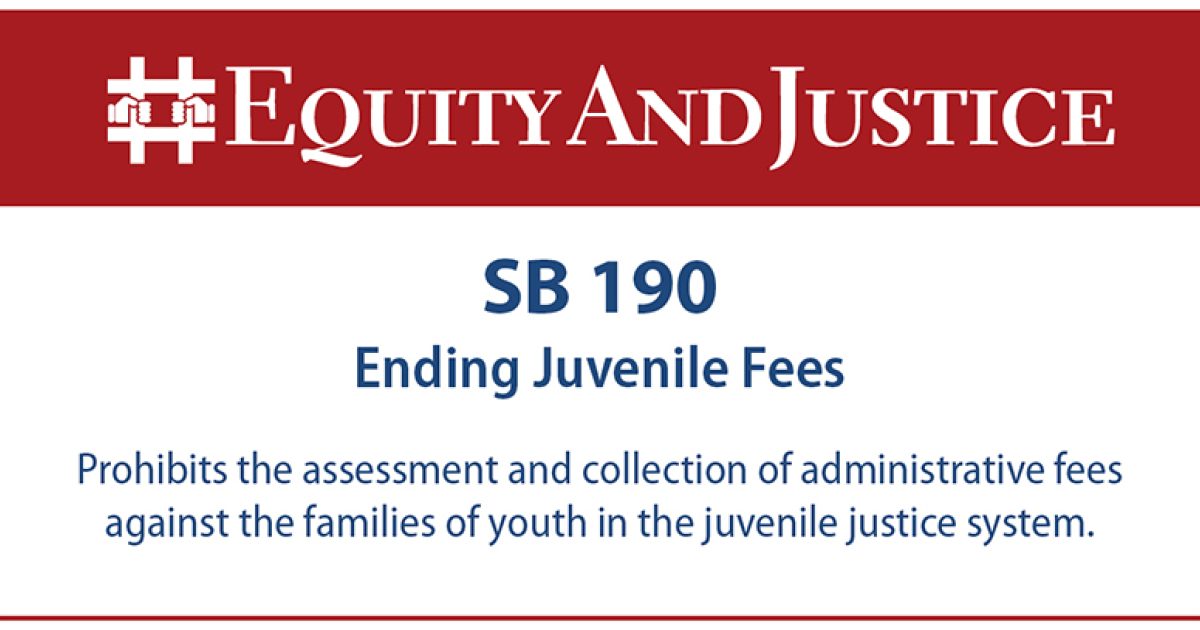As we start 2018, CJCJ’s staff and programs will remain steadfast in our commitment to change lives, change systems, and change the future.
Newsletter Dec 29, 2017
CJCJ’s 2017 Year in Review
This year, CJCJ provided support to thousands of justice-involved individuals and their families. We would like to share a few stories from a year filled with exciting successes and social change.
CJCJ’s new fact sheet shows youth arrests in California are at a historical low, following a decades-long pattern of decline.
Publications Dec 12, 2017
White Residents of Urban Sanctuary Counties are Safer from Deadly Violence than White Residents in Non-Sanctuary Counties
CJCJ’s new report shows “sanctuary” areas are associated with enhanced safety and lower rates of deadly violence for white residents.
Articles on arson rates in Chicago, adulthood relationship outcomes for juvenile justice-involved individuals, and migrant workers counteracting wage theft and underpayment.
Publications Dec 5, 2017
Los Angeles County Crime Rates Show Wide Local Variation During Justice Reform Era, 2010 – 2016
CJCJ’s new fact sheet shows Los Angeles County crime trends, like trends across the state, appear to be highly localized during the justice reform era.
CJCJ helps a young man transition to sustainable housing, a new report addresses disparities in youth prosecution as adults, and Cameo House staff hosts a Thanksgiving dinner.
Publications Nov 29, 2017
New Report: Youth Prosecution after Prop 57
Addressing Racial, Ethnic, and Geographic Disparities after the Repeal of Direct File
Join CJCJ on this national day of generosity to support programs that serve justice-involved youth and adults in our community. Together, we can build safer neighborhoods and a more just society.
CJCJ launches an initiative to promote alternatives to incarceration, publishes a new report, and tours a model juvenile hall.
Publications Oct 30, 2017
Most California Jurisdictions Show Declines in Property Crime During Justice Reform Era
CJCJ’s new report shows wide variations in local crime trends, with most jurisdictions reporting declines amid Public Safety Realignment, Prop 47, and Prop 57.
California takes the lead in juvenile justice reform, ending the harmful, unlawful, and costly practice of charging fees to families with youth in the system.
